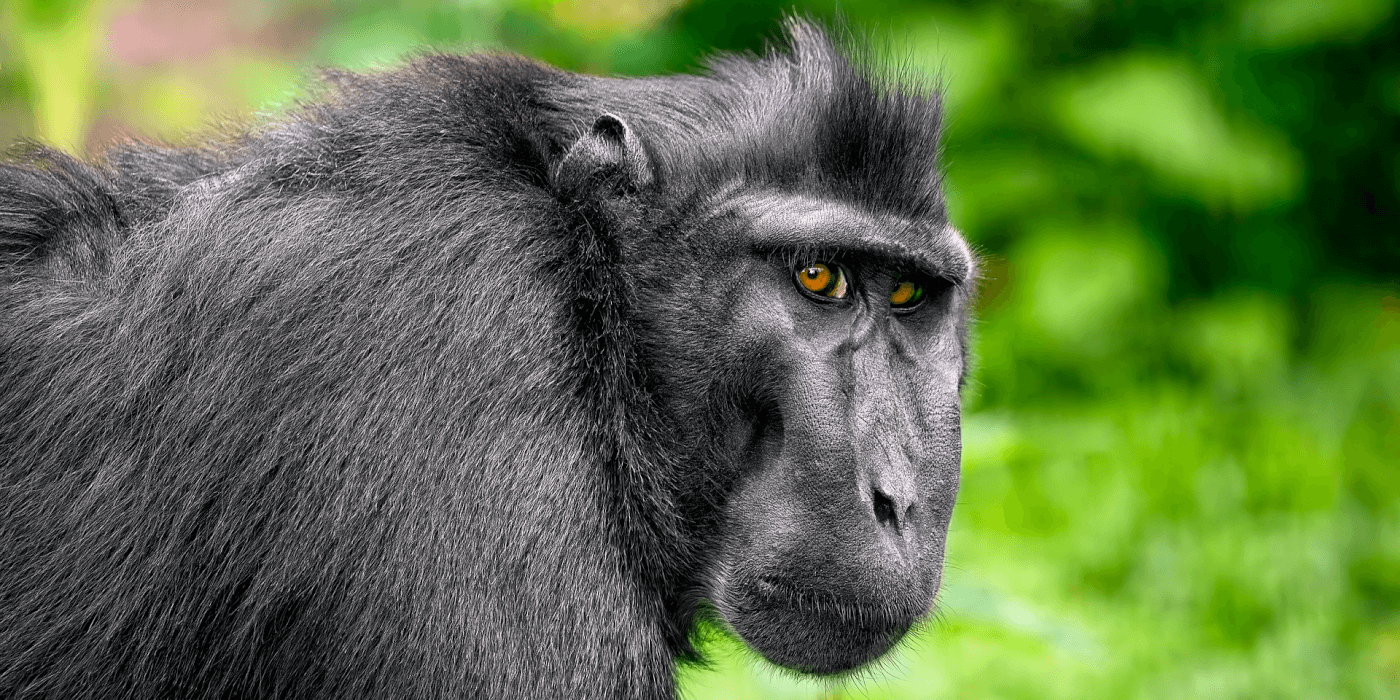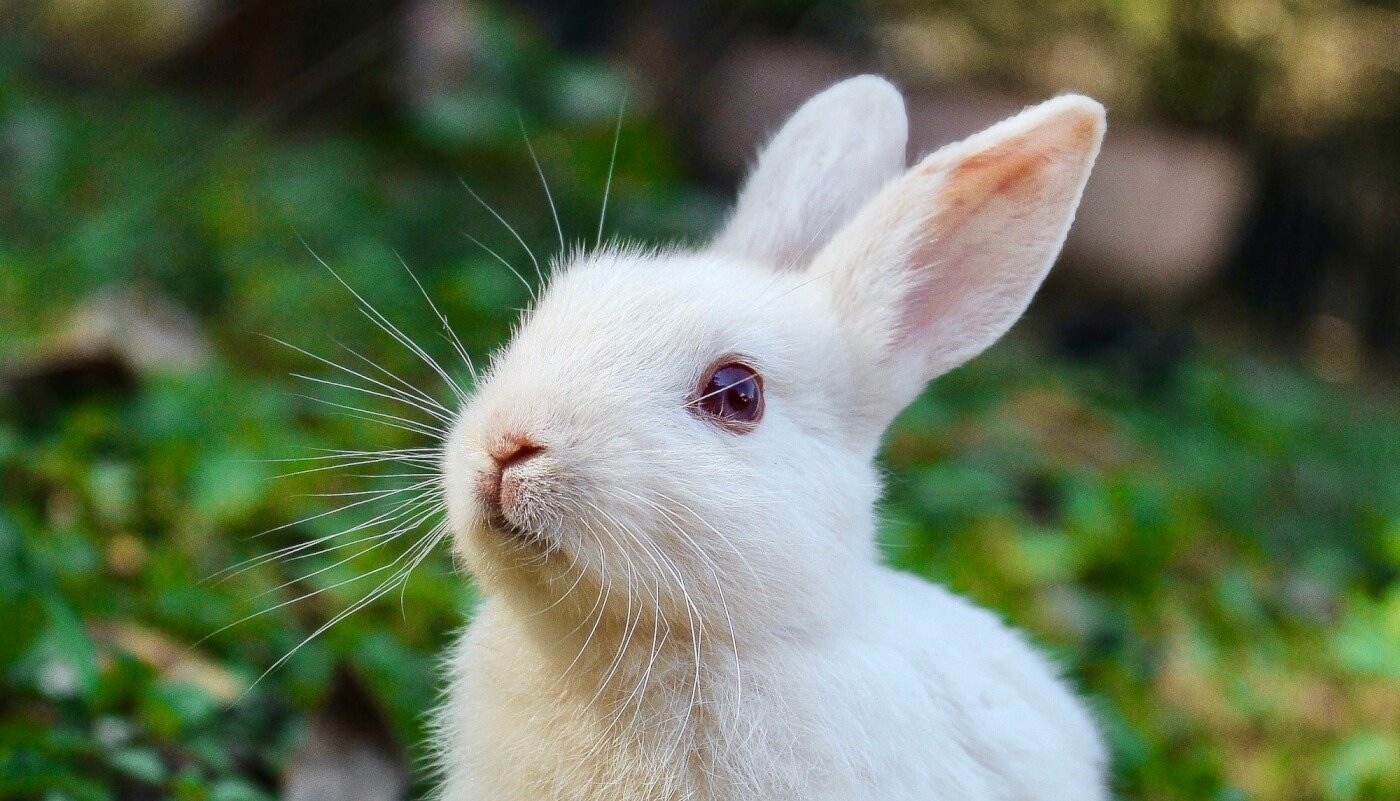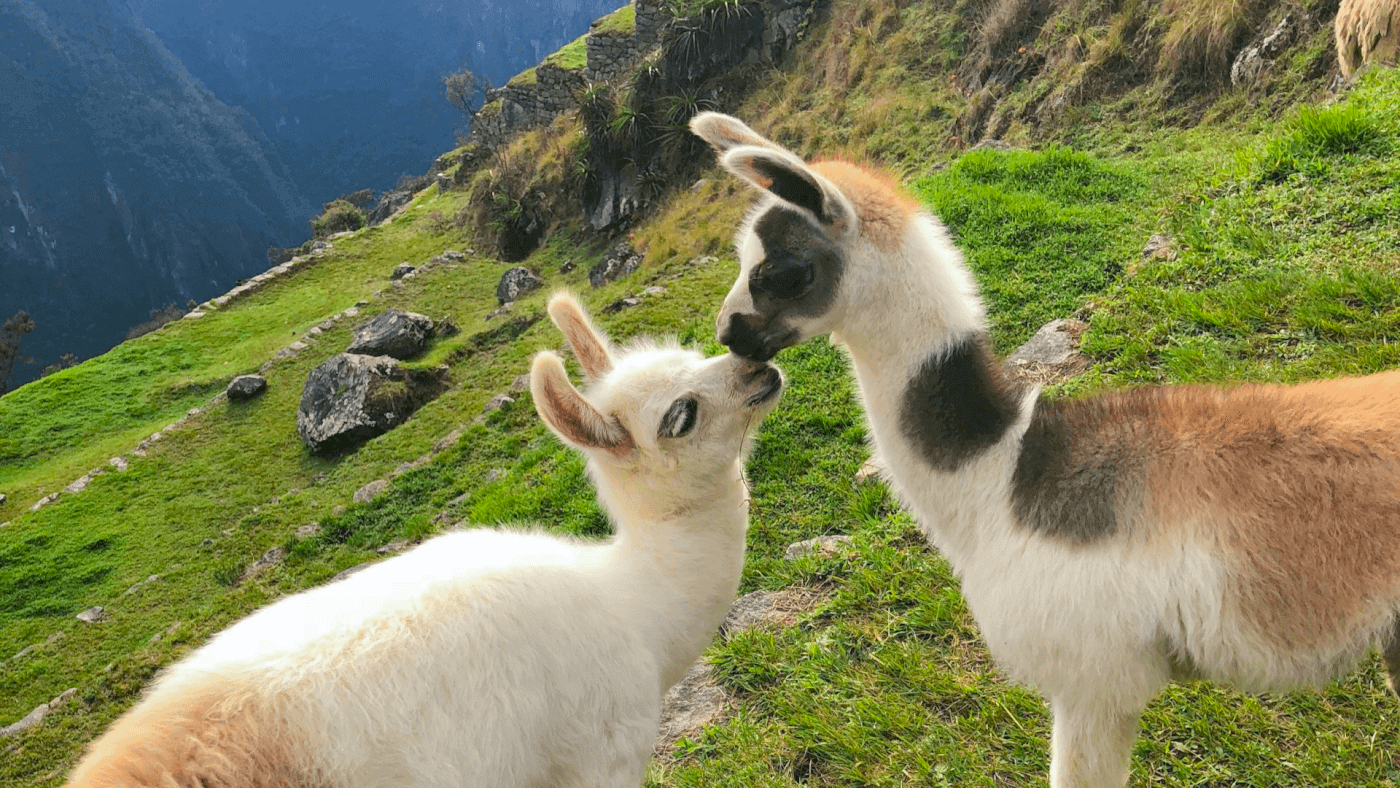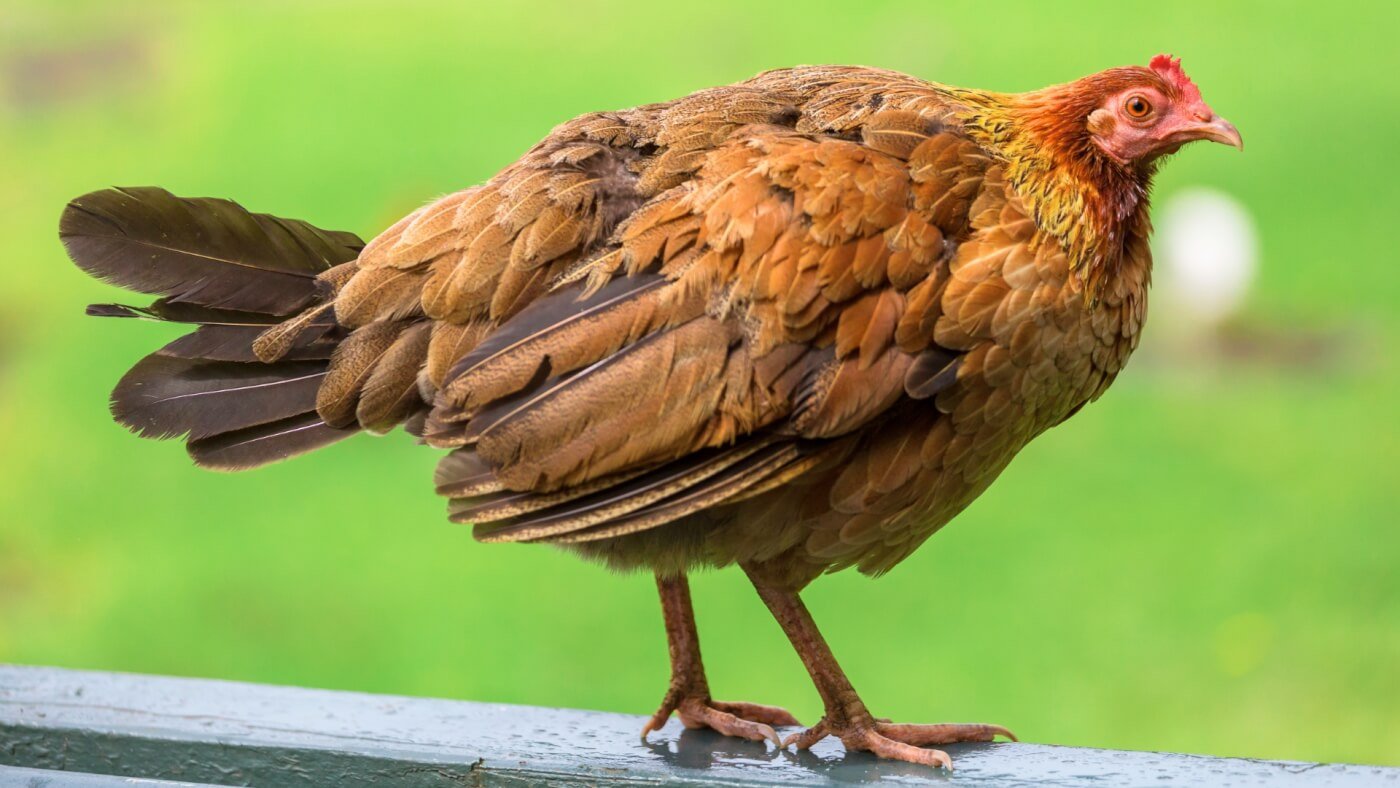The PETA Foundation’s legal team consists of experienced lawyers who litigate and engage in other legal advocacy for animals. We bring lawsuits against those who abuse or exploit animals, and we work to protect the ability of animal advocates to access government records documenting animal abuse and to exercise their constitutional rights.
Explore the legal case summaries on this page to learn about some of our important cases. Whether you’re a legal professional, a student, or a supporter, these case summaries offer valuable insights into our precedent-setting work and the animal law landscape.
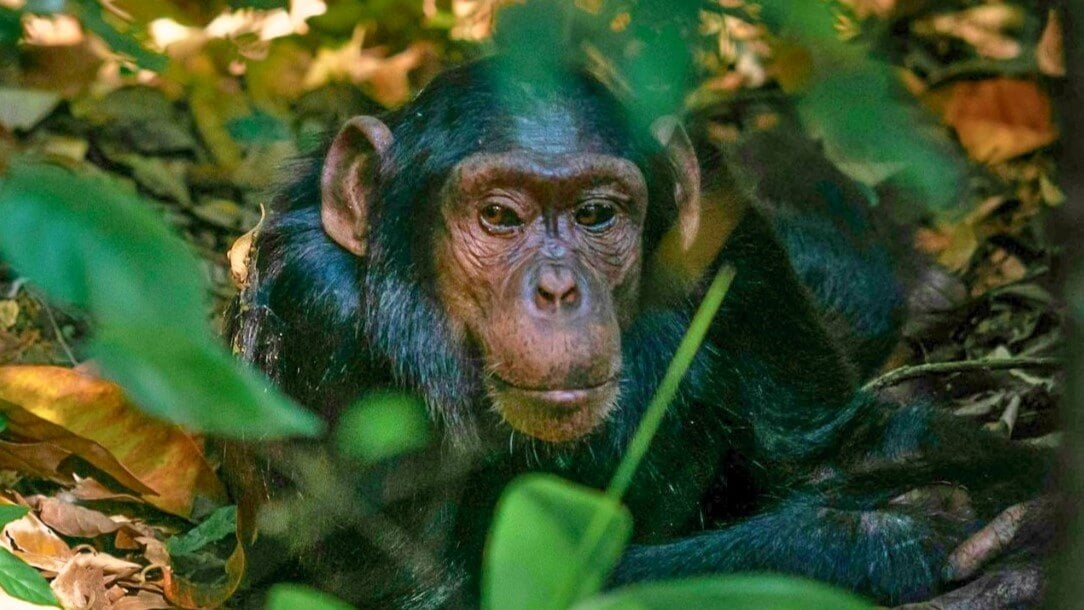
PETA’s lawsuit against the now-defunct Missouri Primate Foundation, alleging violations of the federal Endangered Species Act, resulted in the rescue of nine chimpanzees.

PETA Foundation lawyers alleged that five wild-caught orcas were being held as slaves at SeaWorld in violation of the 13th Amendment.
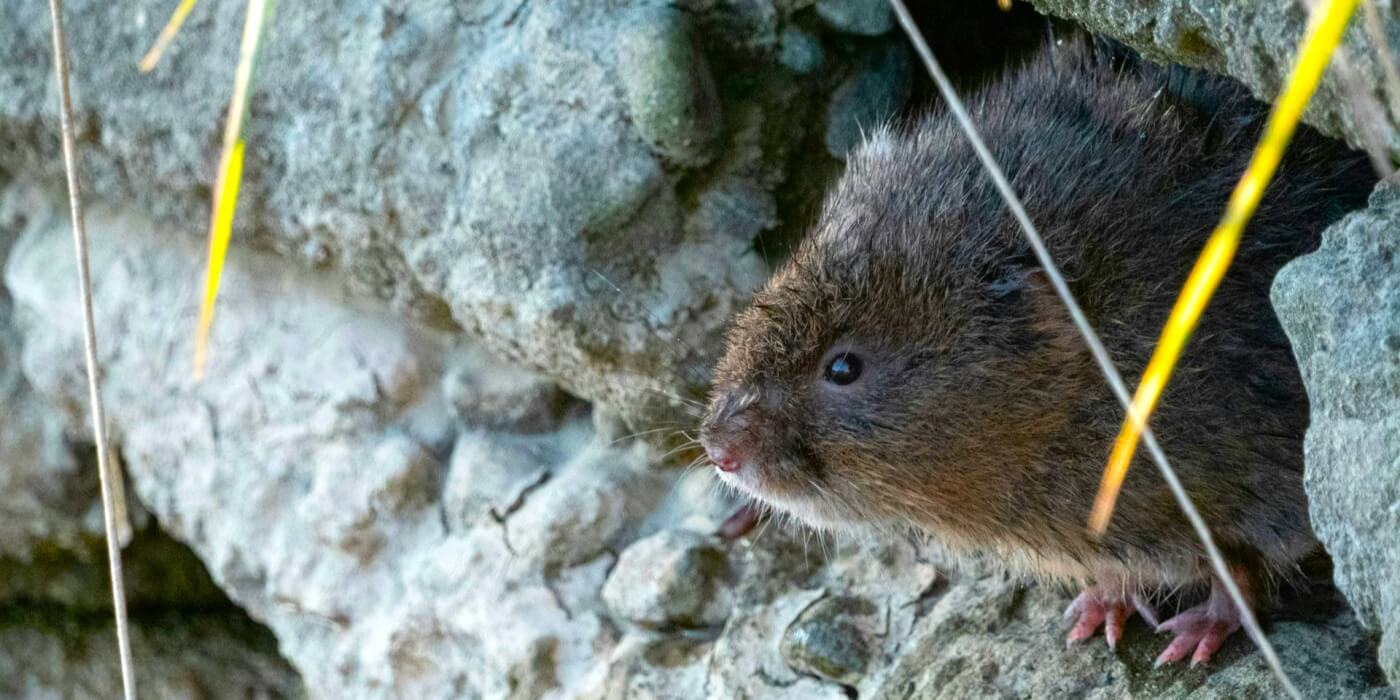
OHSU went to extreme lengths in refusing to comply with public records requests for videos and photos of its torture of drunken prairie voles.

PETA Foundation lawyers filed a first-of-its-kind lawsuit against USDA on behalf of 30 barn owls at Johns Hopkins University.

PETA Foundation lawyers exposed Tri-State Zoological Park’s “flagrant and persistent violations of the Endangered Species Act.”
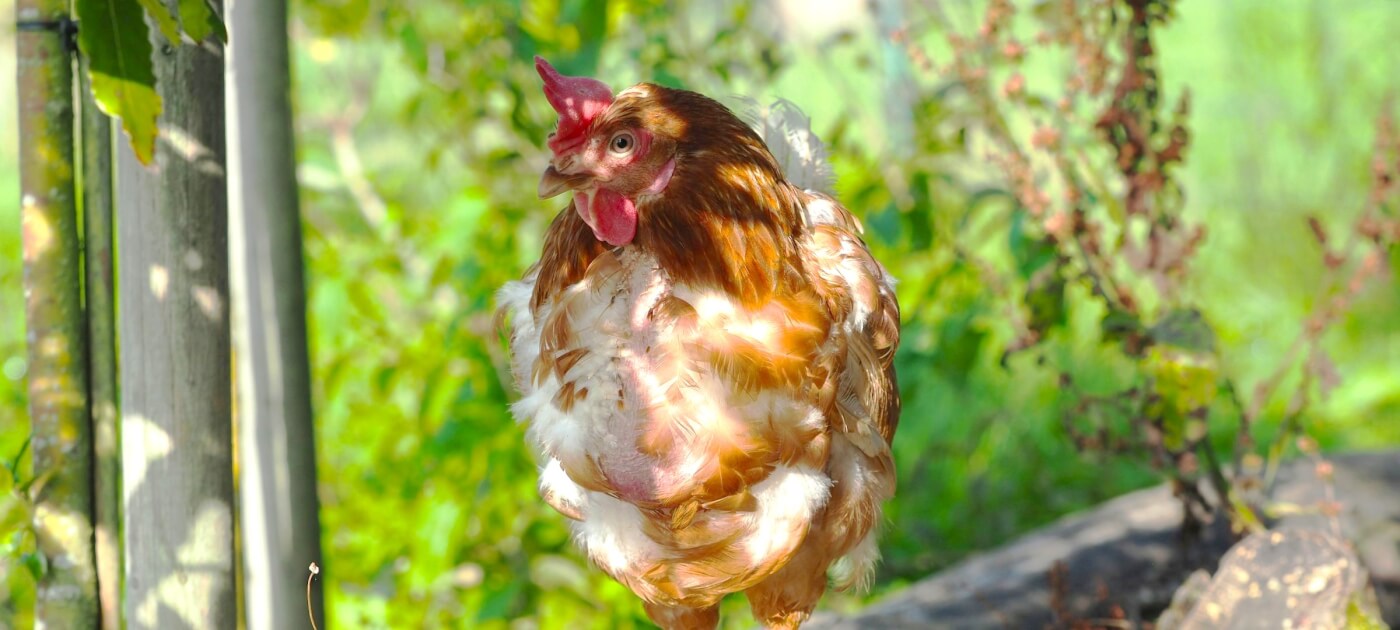
PETA is urging FSIS to stop approving animal-raising claims on food product labels that it does not and cannot verify as true.
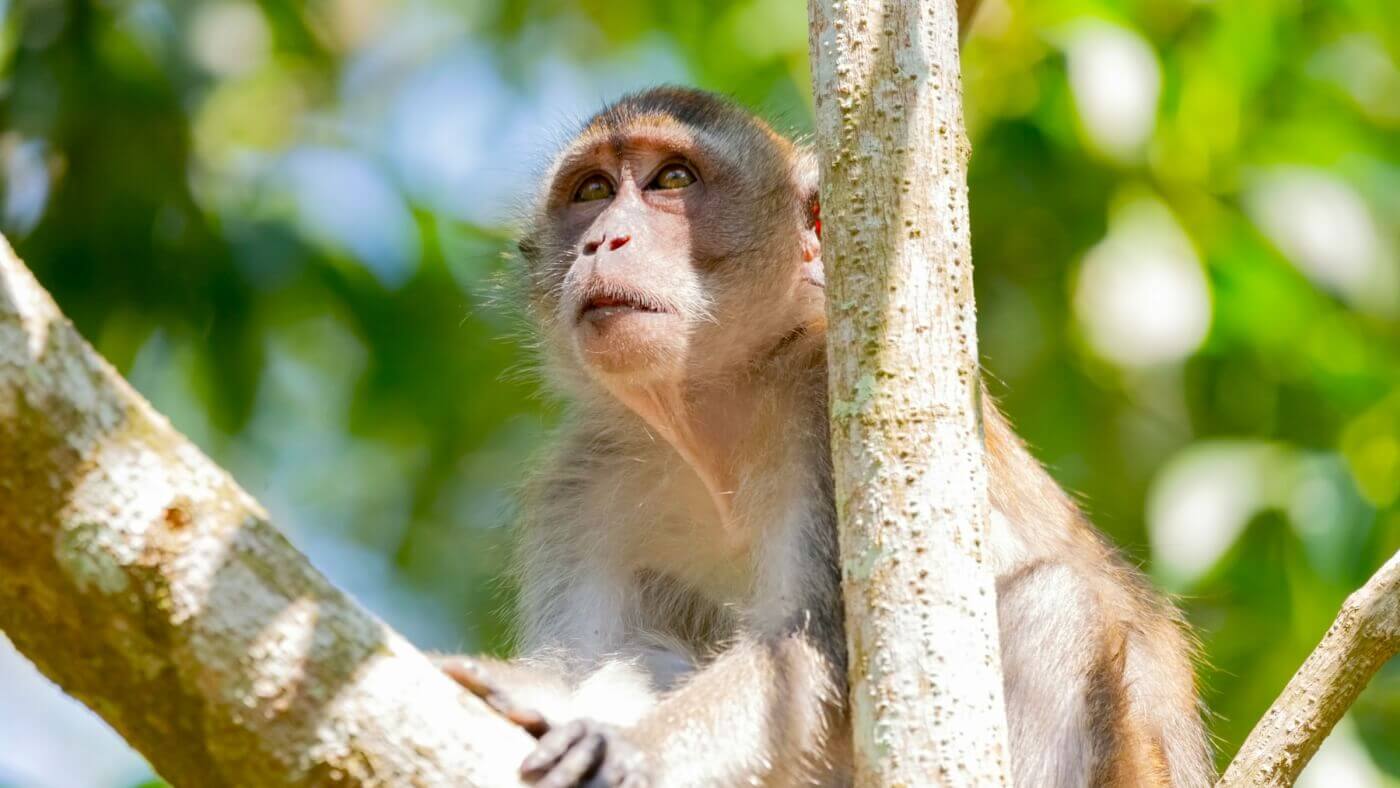
PETA Foundation lawyers won more than half a million dollars in penalties and fees in a state lawsuit against UW, and three different Ninth Circuit decisions, in cases challenging UW’s culture of secrecy around their animal experiments.
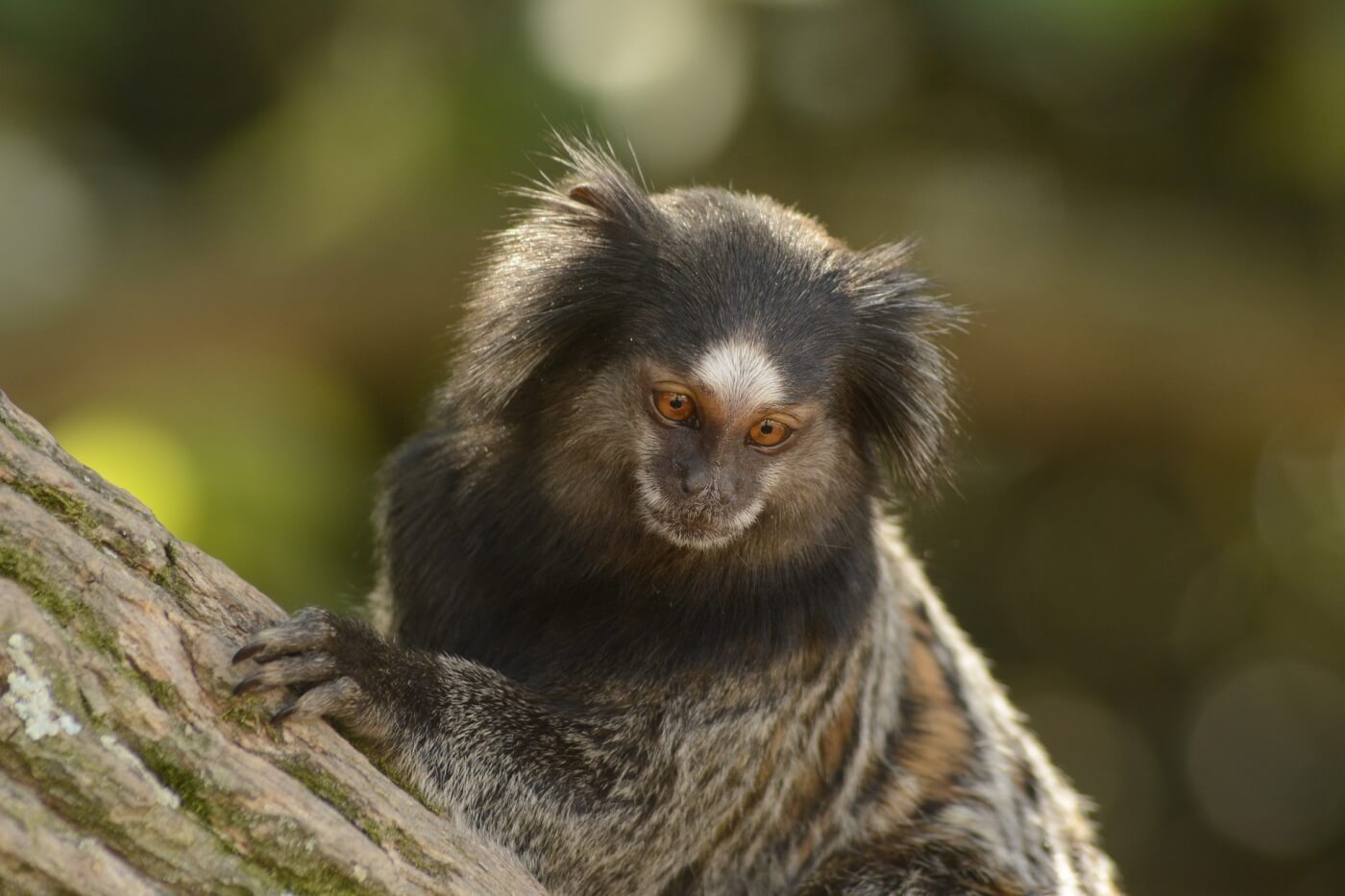
PETA challenged UMass’ refusal to provide public records of protocols, photos, and videos that expose the gruesome experiments in Agnès Lacreuse’s lab.
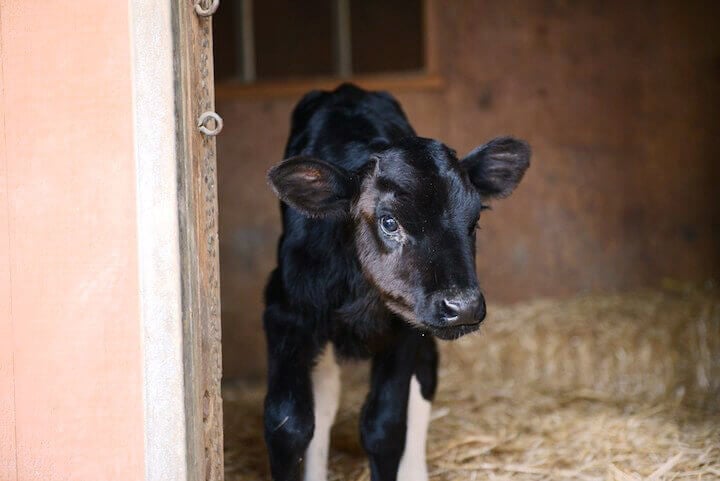
PETA Foundation lawyers filed a class-action lawsuit on behalf of a consumer who accuses Organic Valley of making false claims about how it treats cows and calves.
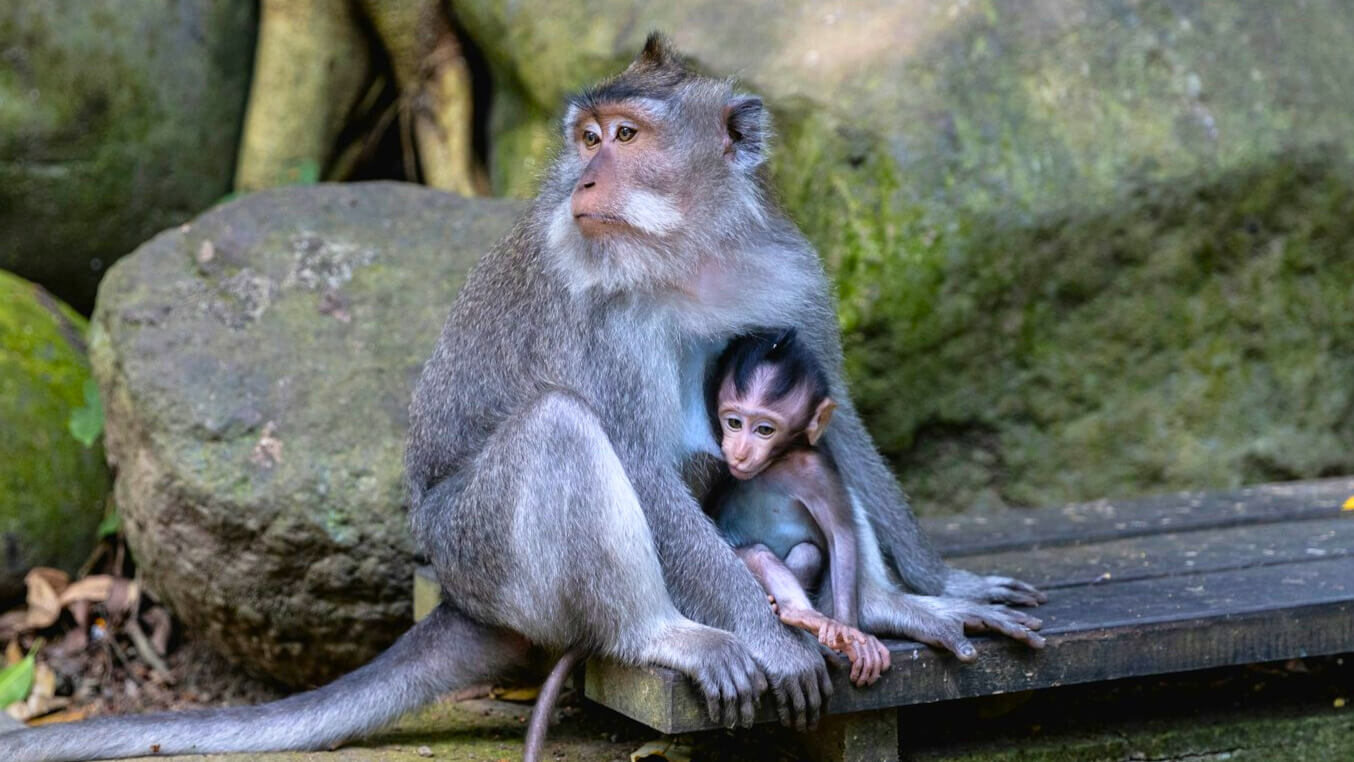
PETA filed suit against NIMH and its parent agencies due to their failure to respond to our Freedom of Information Act requests.
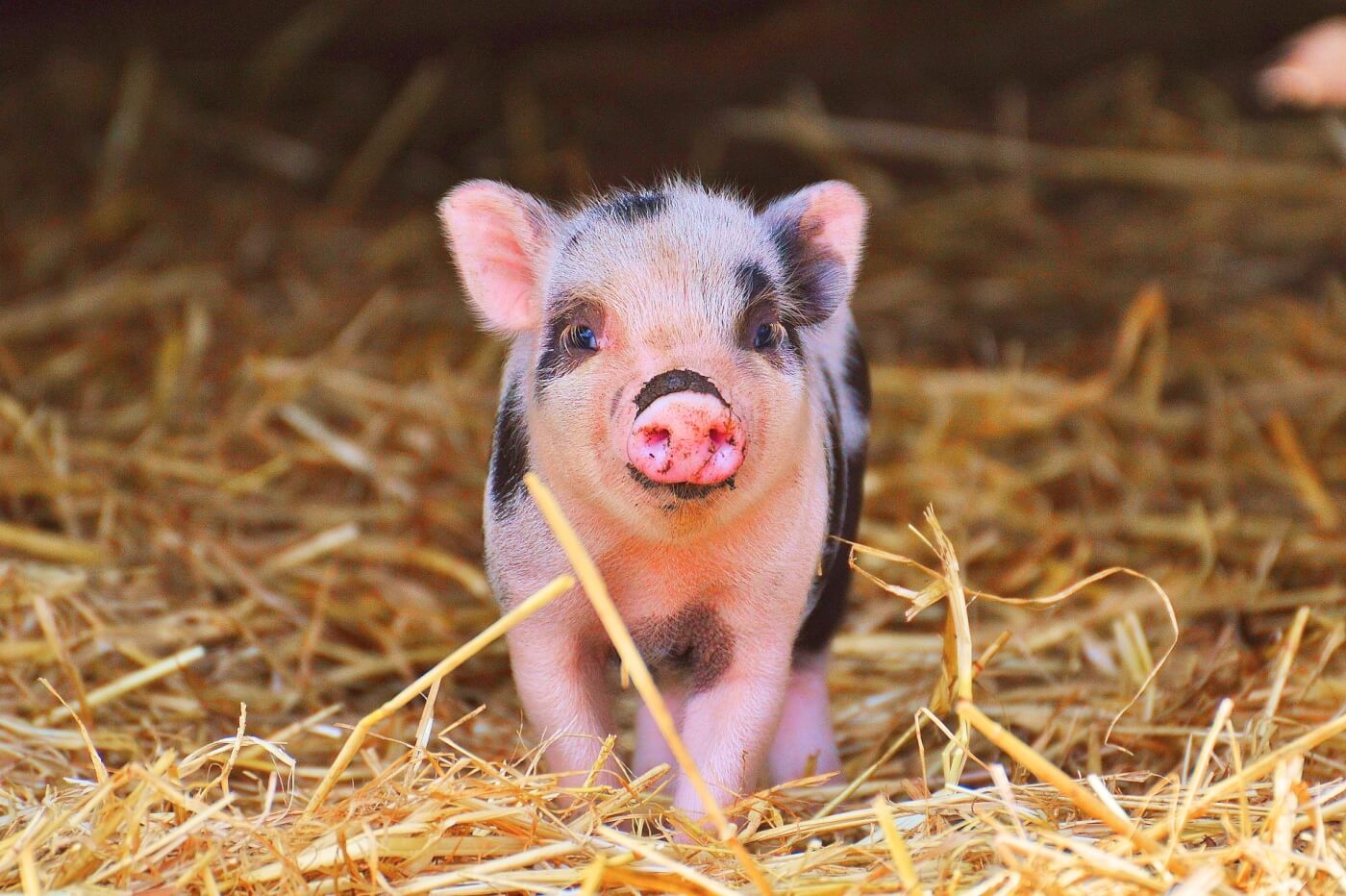
“Ag-gag” laws prioritize the animal agriculture industry’s profits over the health and safety of the humans and animals harmed by its failings, and often violate the constitution.
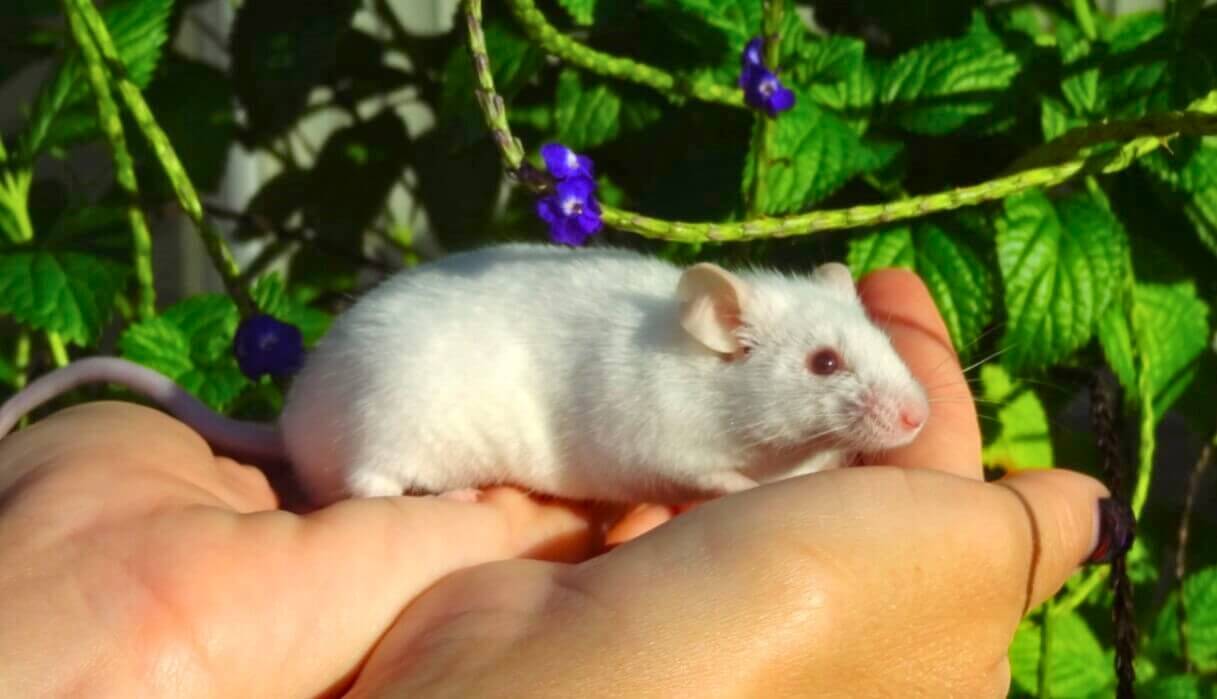
PETA challenged NIH in a lawsuit due to the agency’s continued funding of experiments on animals that attempt to find treatments for sepsis in humans.
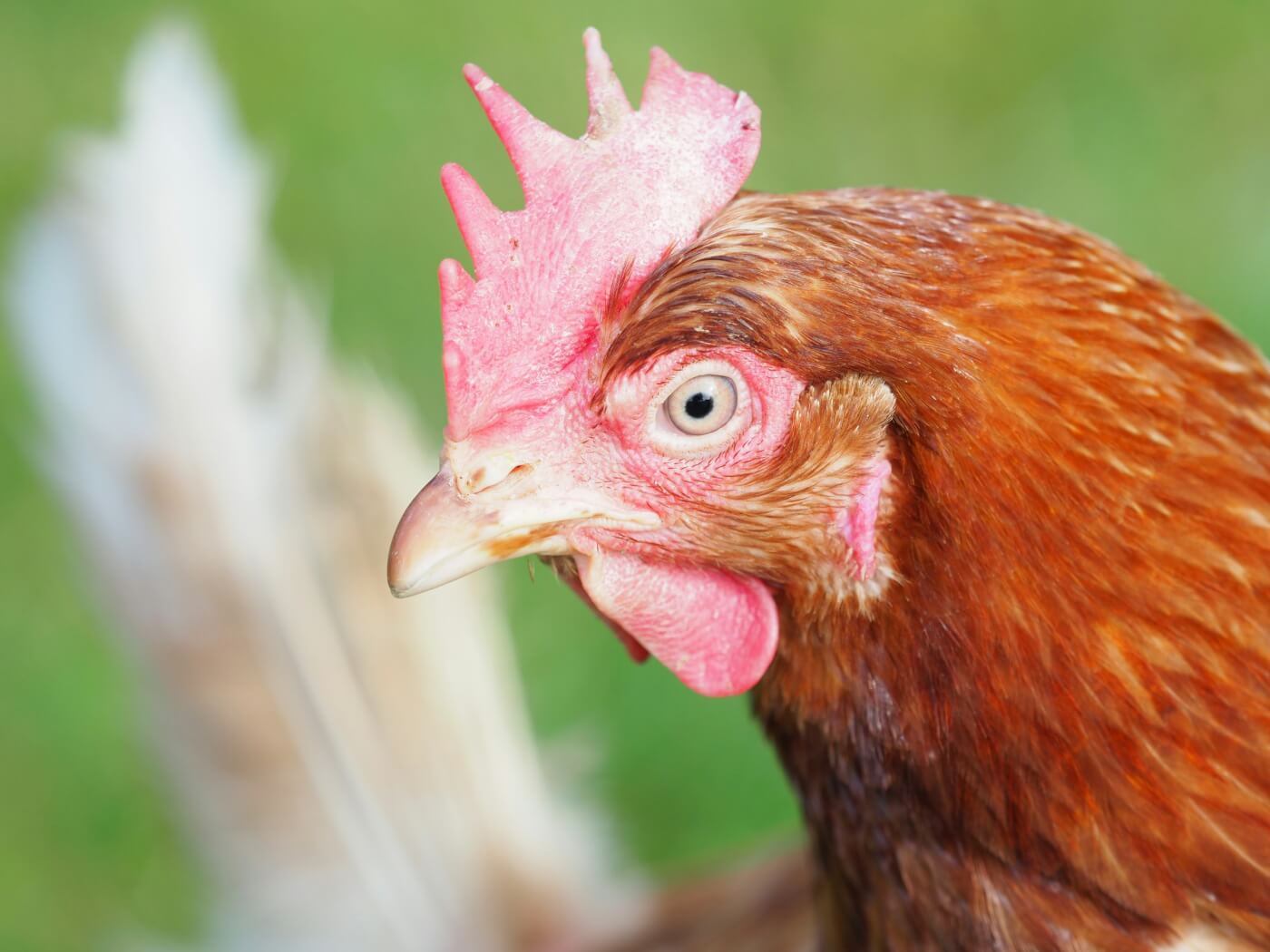
Nellie’s Free Range Eggs’ labels contrast drastically with reality. PETA Foundation lawyers filed a federal lawsuit on behalf of consumers who alleged they were misled.

PETA sued NIH for blocking comments containing keywords critical of animal experimentation from the agency’s social media pages.


